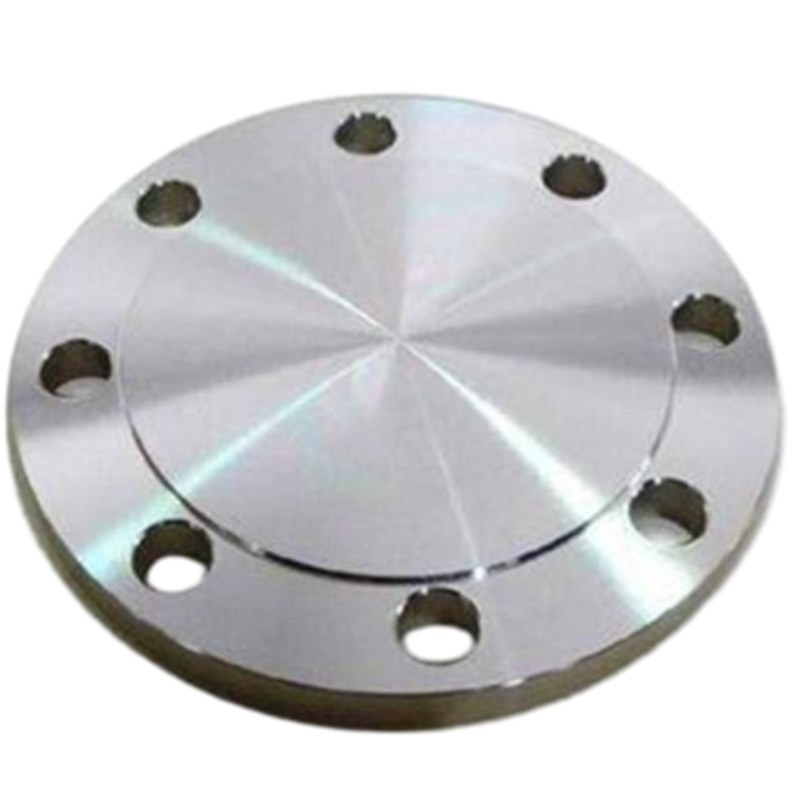-
Cangzhou Yulong Steel Co., Ltd.
-
Phone:
+86 13303177267 -
Email:
admin@ylsteelfittings.com
- English
- Arabic
- Italian
- Spanish
- Portuguese
- German
- kazakh
- Persian
- Greek
- French
- Russian
- Polish
- Thai
- Indonesian
- Vietnamese
- Zulu
- Korean
- Uzbek
- Hindi
- Serbian
- Malay
- Ukrainian
- Gujarati
- Haitian Creole
- hausa
- hawaiian
- Hebrew
- Miao
- Hungarian
- Icelandic
- igbo
- irish
- Japanese
- Javanese
- Kannada
- Khmer
- Rwandese
- Afrikaans
- Albanian
- Amharic
- Armenian
- Azerbaijani
- Basque
- Belarusian
- Bengali
- Bosnian
- Bulgarian
- Catalan
- Cebuano
- China
- China (Taiwan)
- Corsican
- Croatian
- Czech
- Danish
- Esperanto
- Estonian
- Finnish
- Frisian
- Galician
- Georgian
- Kurdish
- Kyrgyz
- Lao
- Latin
- Latvian
- Lithuanian
- Luxembourgish
- Macedonian
- Malgashi
- Malayalam
- Maltese
- Maori
- Marathi
- Mongolian
- Myanmar
- Nepali
- Norwegian
- Norwegian
- Occitan
- Pashto
- Dutch
- Punjabi
- Romanian
- Samoan
- Scottish Gaelic
- Sesotho
- Shona
- Sindhi
- Sinhala
- Slovak
- Slovenian
- Somali
- Sundanese
- Swahili
- Swedish
- Tagalog
- Tajik
- Tamil
- Tatar
- Telugu
- Turkish
- Turkmen
- Urdu
- Uighur
- Welsh
- Bantu
- Yiddish
- Yoruba

Jul . 30, 2024 06:03 Back to list
Exploring the Functionality and Advantages of Piston Pumps in Industrial Applications and Fluid Transfer Systems
Understanding Piston Pumps Principles and Applications
Piston pumps are one of the most fundamental types of positive displacement pumps used across various industries. Their design, function, and versatility make them essential in applications ranging from hydraulic systems to wastewater management. This article delves into the principles behind piston pumps, their operational mechanics, and their wide-ranging applications.
The Principle of Operation
At the heart of a piston pump's operation lies the simple yet effective principle of displacement. When the piston moves within a cylindrical chamber, it creates a variable volume that changes to accommodate fluid intake and discharge. The cycle begins with the downward stroke of the piston, which reduces the volume of the chamber and forces the fluid out through a discharge valve. Conversely, when the piston moves upward, it increases the chamber's volume, allowing the fluid to be drawn in through an intake valve.
This mechanism creates a continuous flow of fluid, despite the intermittent movement of the piston. The efficiency of a piston pump is largely attributed to its ability to generate high pressure and deliver precise volumetric flow rates, making it suitable for applications requiring accurate fluid delivery.
Design Variations
Piston pumps come in various designs, including single-acting and double-acting configurations. Single-acting pumps have one active piston stroke per cycle, while double-acting pumps utilize both sides of the piston, effectively doubling the output. Additionally, piston pumps can be classified based on their size, ranging from small pumps suited for laboratory use to large industrial pumps that handle heavy-duty applications.
Materials used in the construction of piston pumps also vary, with options including stainless steel for corrosive environments or thermoplastics for more general applications. The choice of material often depends on the specific fluids being pumped and the operational environment.
Applications of Piston Pumps
piston pump

Piston pumps are known for their versatility and can be found in a range of applications. In the hydraulic industry, they are widely used to generate high-pressure hydraulic fluid needed to operate machinery. For instance, automotive repair shops often use piston pumps to operate hydraulic lifts.
In the oil and gas sector, piston pumps transport crude oil and other viscous fluids over long distances. Their ability to handle high pressures makes them ideal for transferring fluids through pipelines. Furthermore, piston pumps are utilized in water treatment plants to manage sludge and other waste materials.
The pharmaceutical and food industries also benefit from piston pumps due to their ability to provide precise control over flow rates. In these sectors, maintaining the integrity of the fluid is crucial, and piston pumps can deliver consistent and accurate measurement of ingredients and substances, ensuring product quality meets regulatory standards.
Advantages and Limitations
One of the main advantages of piston pumps is their ability to provide consistent and reliable flow under varying pressure conditions. They are highly efficient and capable of generating significant backpressure, making them ideal for high-viscosity fluids. Additionally, piston pumps can handle a variety of liquids, including corrosive fluids, with appropriate material selection.
However, piston pumps are not without their limitations. The moving parts can lead to wear and tear, necessitating regular maintenance to ensure functionality. Furthermore, the pulsating flow characteristic of piston pumps may not be suitable for all applications, particularly where smooth, continuous flow is required.
Conclusion
Piston pumps are instrumental in a myriad of industrial applications due to their efficient design and operational versatility. Understanding their principles of operation and applications enables businesses to leverage this technology effectively, optimizing their processes and ensuring reliability in fluid management. As industries continue to evolve, piston pumps will undoubtedly remain a critical component in the fluid handling landscape.
Latest news
-
ANSI 150P SS304 SO FLANGE
NewsFeb.14,2025
-
ASTM A333GR6 STEEL PIPE
NewsJan.20,2025
-
ANSI B16.5 WELDING NECK FLANGE
NewsJan.15,2026
-
ANSI B16.5 SLIP-ON FLANGE
NewsApr.19,2024
-
SABS 1123 FLANGE
NewsJan.15,2025
-
DIN86044 PLATE FLANGE
NewsApr.19,2024
-
DIN2527 BLIND FLANGE
NewsApr.12,2024
-
JIS B2311 Butt-Welding Fittings LR/SR 45°/90° /180°Seamless/Weld
NewsApr.23,2024











